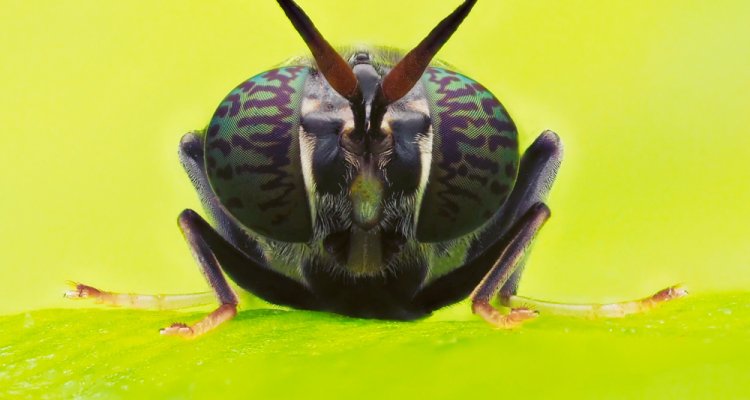
PhD defence
Effects of dietary exposure to insecticide residues on Hermetia illucens and Alphitobius diaperinus reared for food and feed
Summary
In the European Union, insects such as black
soldier fly and lesser mealworm are increasingly reared for food and feed as
alternative protein sources. However, these insects may be exposed to
insecticide residues in the feed substrates on which they are reared.
Concentrations of insecticides in common feed materials such as wheat and maize
may not exceed certain legal limits. However, the research presented in this
thesis demonstrates that exposure to insecticide levels below those limits can
still result in significantly reduced survival and yield of the two insect
species mentioned. In case of multiple insecticides in a commercial ‘compound’
feed, these substances can work synergistically and even lower concentrations
can cause adverse effects. Based on these results, insect rearing companies are
recommended to implement a monitoring system. Neither the existing insecticide
residue limits for insect rearing substrates, nor those for insect products,
are fit-for-purpose. Urgent remedial action by policymakers and industry is therefore advised More research is needed to determine which insecticides are of the highest concern.